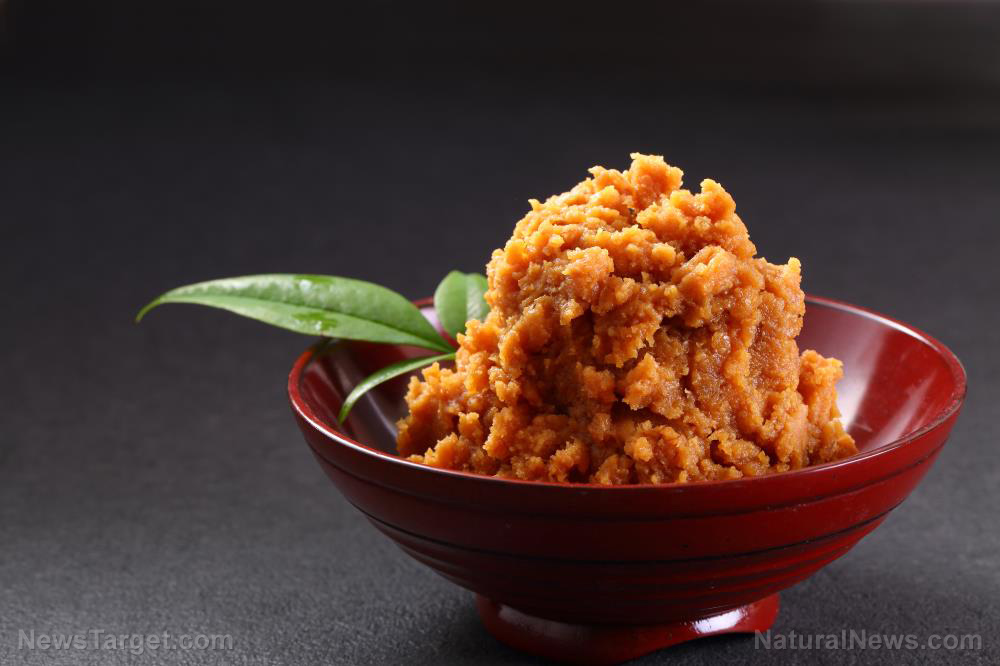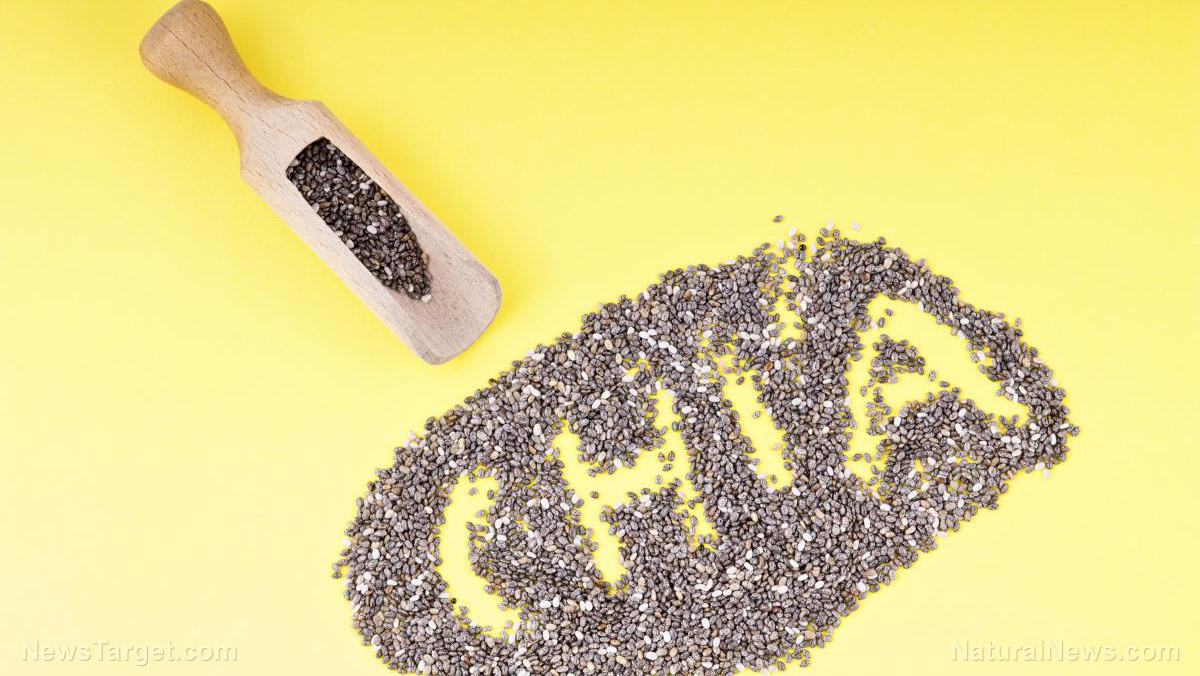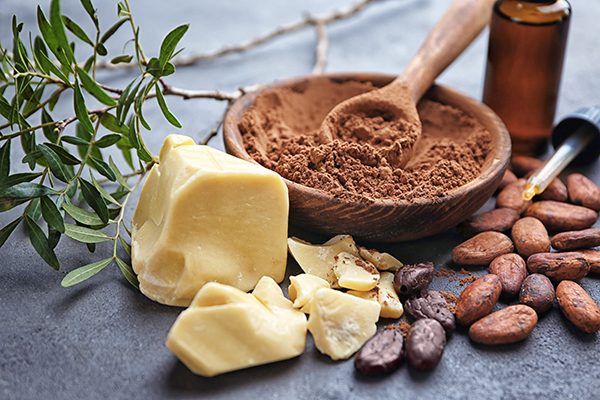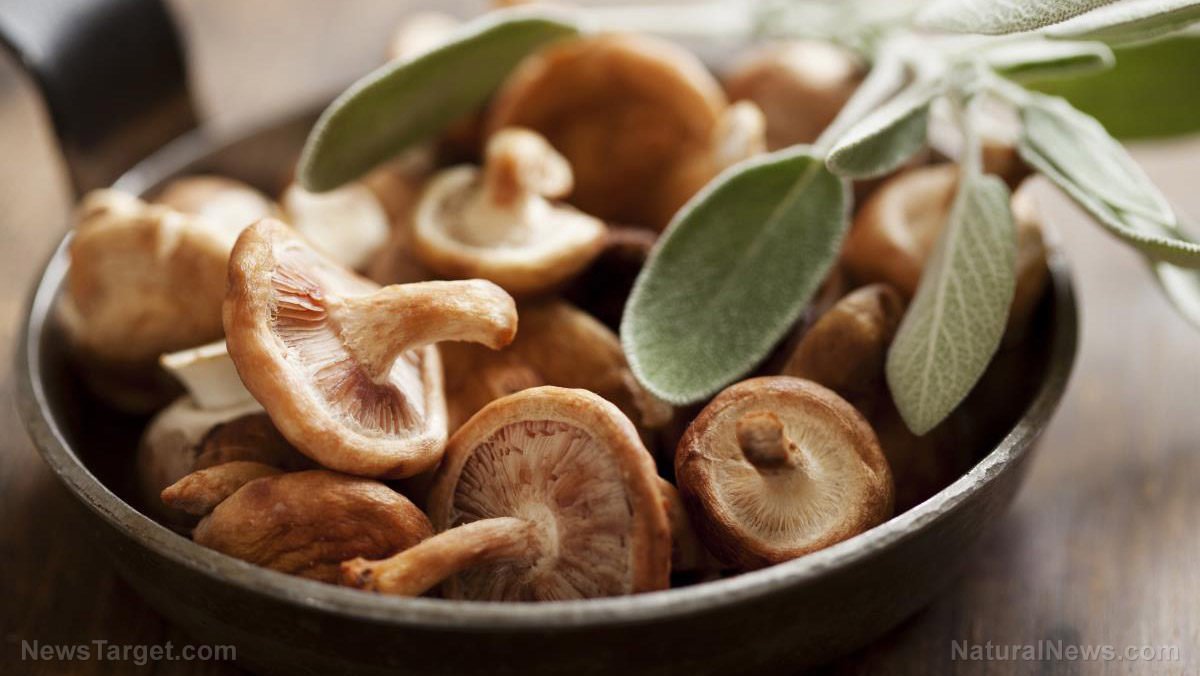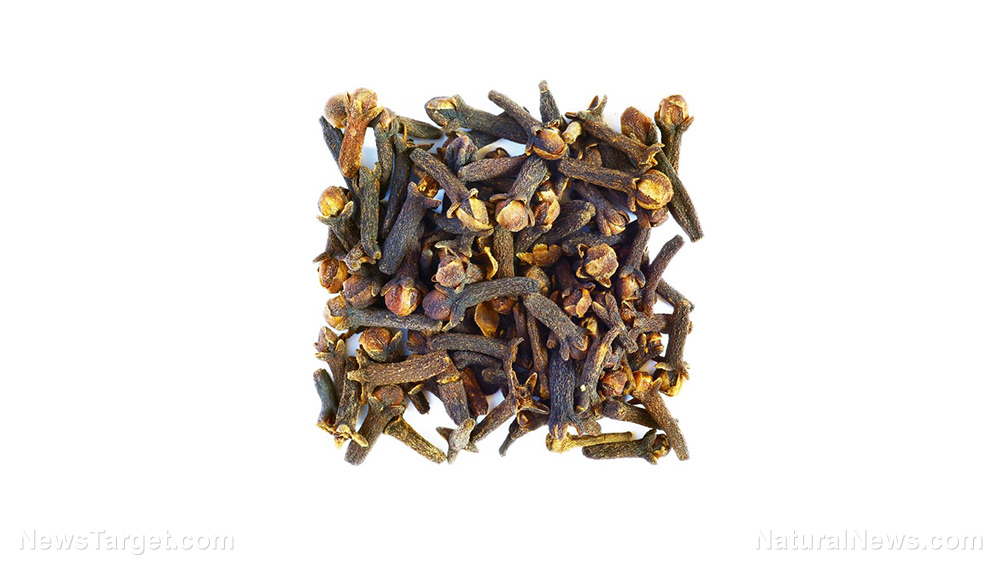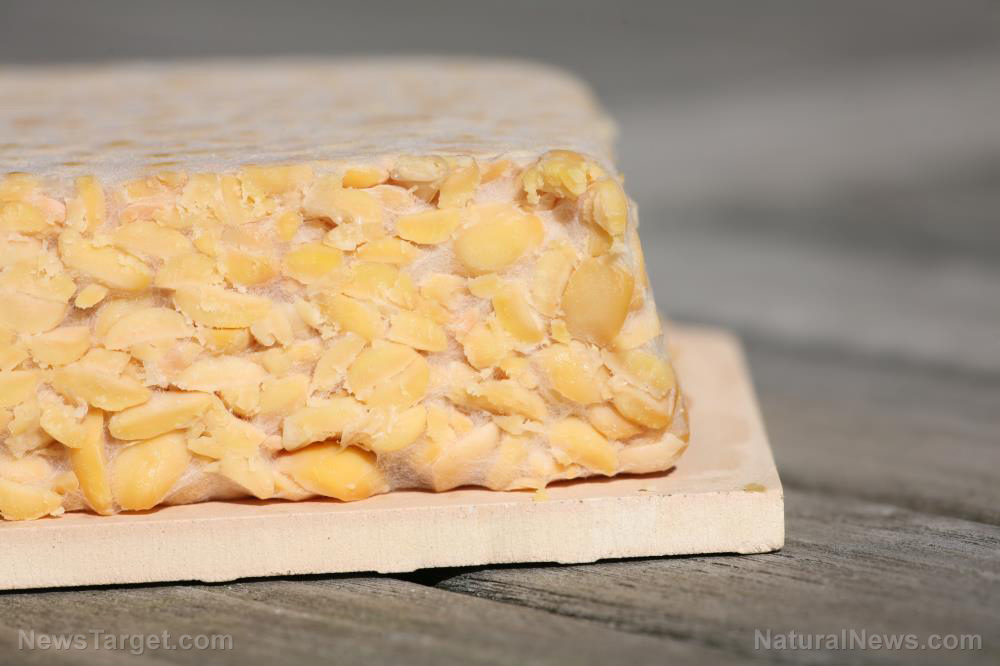Eat your sprouts: They’re packed with 100 healthy enzymes your body needs
12/09/2019 / By Grace Olson
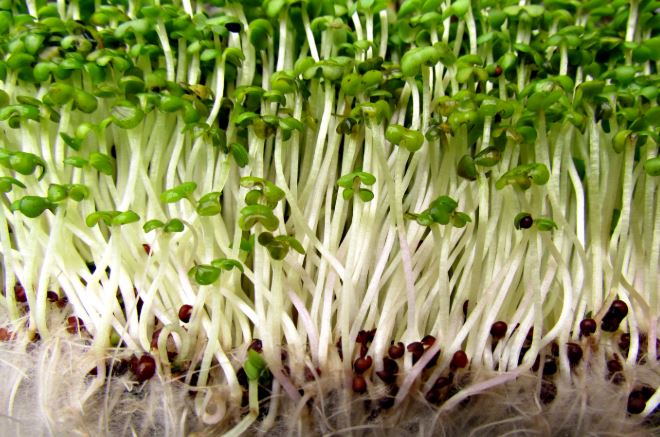
Sprouts are the young, thin plants that grow from germinated seeds. There are many types of sprouts, depending on the vegetable. They are great sources of enzymes and fiber. Here are some reasons why you should start adding sprouts to your meals.
1. Packed with nutritious enzymes
Experts say that sprouts contain up to 100 times more enzymes than raw vegetables and fruits. Enzymes are special proteins that help speed up the body’s functions. They are especially helpful in the digestive system by helping break down food. This helps boost the process of absorbing nutritional compounds, like vitamins, minerals and amino acids.
2. Rich sources of fiber
Sprouts are rich in fiber and low in calories, which makes them ideal foods for those who are watching their weight. Foods that are high fiber will help you feel full for longer periods. This may help curb cravings of high-calorie snacks.
3. Help improve blood circulation
Due to high iron and copper content, sprouts help maintain red blood cell count, boosting blood circulation. Better blood circulation means that more nutrients and oxygen are supplied to all the cells across the body. This optimizes their functions and helps improve overall health.
4. Boost the immune system
Sprouts are also packed with vitamin C. This compound is crucial to several bodily functions, most especially the immune system. Vitamin C helps stimulate white blood cells, the cells responsible for fighting potentially harmful microorganisms and defending the body from illnesses and infection.
Moreover, sprouts also contain vitamin A. These compounds help fight free radicals and prevent oxidative stress, thus contributing to immune defense.
5. High in protein
While some nuts and seeds are rich sources of protein, the process of sprouting increases their protein content. Compared to eating animal meats, sprouts are a convenient way to get the protein without the added fat, cholesterol and calories. Some sprouts contain up to 35 percent protein, making them ideal protein sources for vegans and vegetarians.
6. Great for healthy hair
Better blood supply means that enough nutrients reach the scalp and hair follicles, thus boosting hair growth. Sprouts can help repair the capillaries to produce thick, strong hair.
Sprouts can also supplement the body with vitamin A. A lack of vitamin A has been linked to thinning hair and excessive hair loss. Eating sprouts may help slow or reverse these conditions.
7. Contain essential fatty acids
During the sprouting process, the amount of essential fatty acids in a plant increases. Essential fatty acids, such as omega-3 and omega-6 are crucial to the body. Some of their functions include being sources of fuel for the body and helping provide structure to cell membranes. The body does not produce them, so they can only be acquired through eating food.
8. Boost heart health
Eating sprouts may help reduce the risk factors of cardiovascular disease. They can help lower the levels of LDL (“bad”) cholesterol, total cholesterol and blood triglyceride levels. At the same time, omega-3 fatty acids help boost the levels of HDL (“good”) cholesterol.
Additionally, omega-3 fatty acids have anti-inflammatory properties. They can help protect the cardiovascular system from too much stress due to inflammation.
9. Help reduce acidity
Sprouts can help you manage the body’s pH levels. This refers to the levels of acids and bases in the body. To function well, the body needs to strike a balance between the two. The lungs and kidneys help regulate their levels, but most people eat acidic foods. Sprouts can alkalize, or lower the acidity of, the body.
10. Has anti-cancer properties
Cancer has been linked to too much acidity in the body. Sprouts can help regulate the pH levels to prevent it. Moreover, sprouts are rich in cancer-fighting compounds, such as glucoraphanin and sulforaphane, that protect the body from certain types of cancer.
Add sprouts to your meals regularly to reap their maximum benefits. Make sure to wash them well and acquire them from reputable sources. You can also grow them yourself in small containers. Learn more about nutritional foods that you can grow at home at Fresh.news.
Sources include:
Tagged Under:
RECENT NEWS & ARTICLES
COPYRIGHT © 2017 SUPERFOODS NEWS







